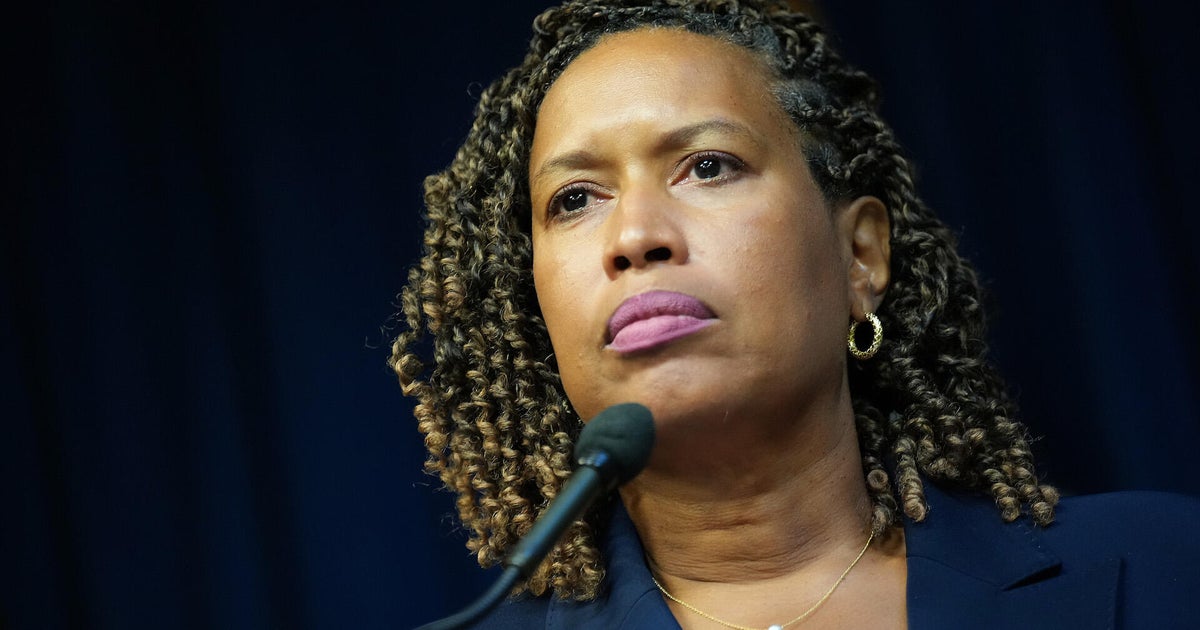The District of Columbia sued the Trump administration and Attorney General Pam Bondi for trying to end local directives that limit cooperation between D.C. police and federal immigration authorities during the Trump administration's effort to take over leade…
Why it matters
- The lawsuit underscores the ongoing tensions between local and federal authorities concerning immigration enforcement.
- It highlights the potential implications for community-police relations in D.C., particularly among immigrant populations.
- The case may set a precedent for other jurisdictions facing similar pressures from federal immigration policies.
In a significant legal maneuver, the District of Columbia has initiated a lawsuit against the Trump administration, specifically targeting Attorney General Pam Bondi, in response to efforts aimed at dismantling local policies that restrict the collaboration between D.C. police and federal immigration enforcement agencies. This legal action comes amidst a broader national conversation about immigration, law enforcement, and the rights of local jurisdictions to govern their own policies.
The District’s complaint articulates concerns that the federal government’s attempts to exert control over local law enforcement practices could have detrimental effects on public safety and community trust. According to D.C. officials, the imposition of federal immigration directives undermines the established protocols that have been designed to protect immigrant communities, therefore creating an environment of fear that could dissuade individuals from reporting crimes or seeking assistance from police.
The tension between local and federal authorities has been exacerbated by the Trump administration's hardline stance on immigration. During his presidency, Trump frequently criticized sanctuary jurisdictions—those that limit cooperation with federal immigration enforcement—and sought to impose consequences on these areas. The District of Columbia has positioned itself as a sanctuary city, emphasizing its commitment to protecting residents, regardless of their immigration status.
D.C. Mayor Muriel Bowser has voiced strong opposition to the federal government’s attempts to interfere with local law enforcement policies, expressing that the city’s approach to public safety should reflect the values and needs of its residents. “We are a city that believes in the dignity of every person,” Bowser stated, emphasizing that the policies in place are designed to foster trust between the community and police.
The lawsuit not only raises questions about the authority of the federal government versus local jurisdictions but also highlights the potential repercussions for vulnerable populations. Many immigrant residents may feel apprehensive about interacting with police if they believe that their information could be shared with federal immigration authorities, leading to increased isolation and vulnerability.
Legal experts suggest that this case could have far-reaching implications, potentially influencing how other cities approach their immigration policies in relation to law enforcement. If the District of Columbia prevails, it may embolden other jurisdictions to resist federal immigration enforcement measures, reinforcing the principle of local autonomy in public safety matters.
As the lawsuit unfolds, it will likely draw attention from various advocacy groups, legal scholars, and community organizations that support immigrant rights. These stakeholders are keenly aware of the implications of the case, which could either affirm or challenge the balance of power between state and federal authorities.
The Trump administration has not yet publicly responded to the lawsuit, but previous statements from officials indicate a commitment to cracking down on what they perceive as unlawful sanctuary policies. This ongoing conflict may lead to further legal battles as both sides seek to assert their interpretations of the law.
As the District of Columbia fights to maintain its local directives, the outcome of this case could resonate beyond the city’s borders, affecting how immigration policies are shaped in urban centers across the United States. The legal system will soon be tested on its ability to navigate the complex interplay between local governance and federal authority, with significant implications for communities nationwide.
In the coming weeks and months, all eyes will be on the developments of this lawsuit as it may not only influence D.C.’s immigration policies but also serve as a bellwether for similar legal challenges being mounted in other jurisdictions across the country.











